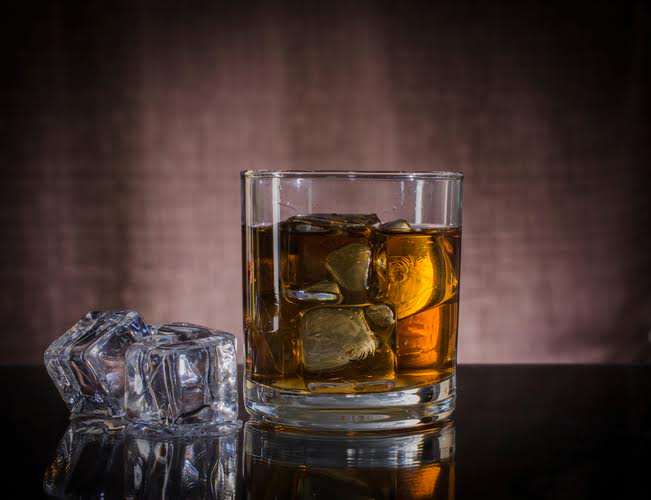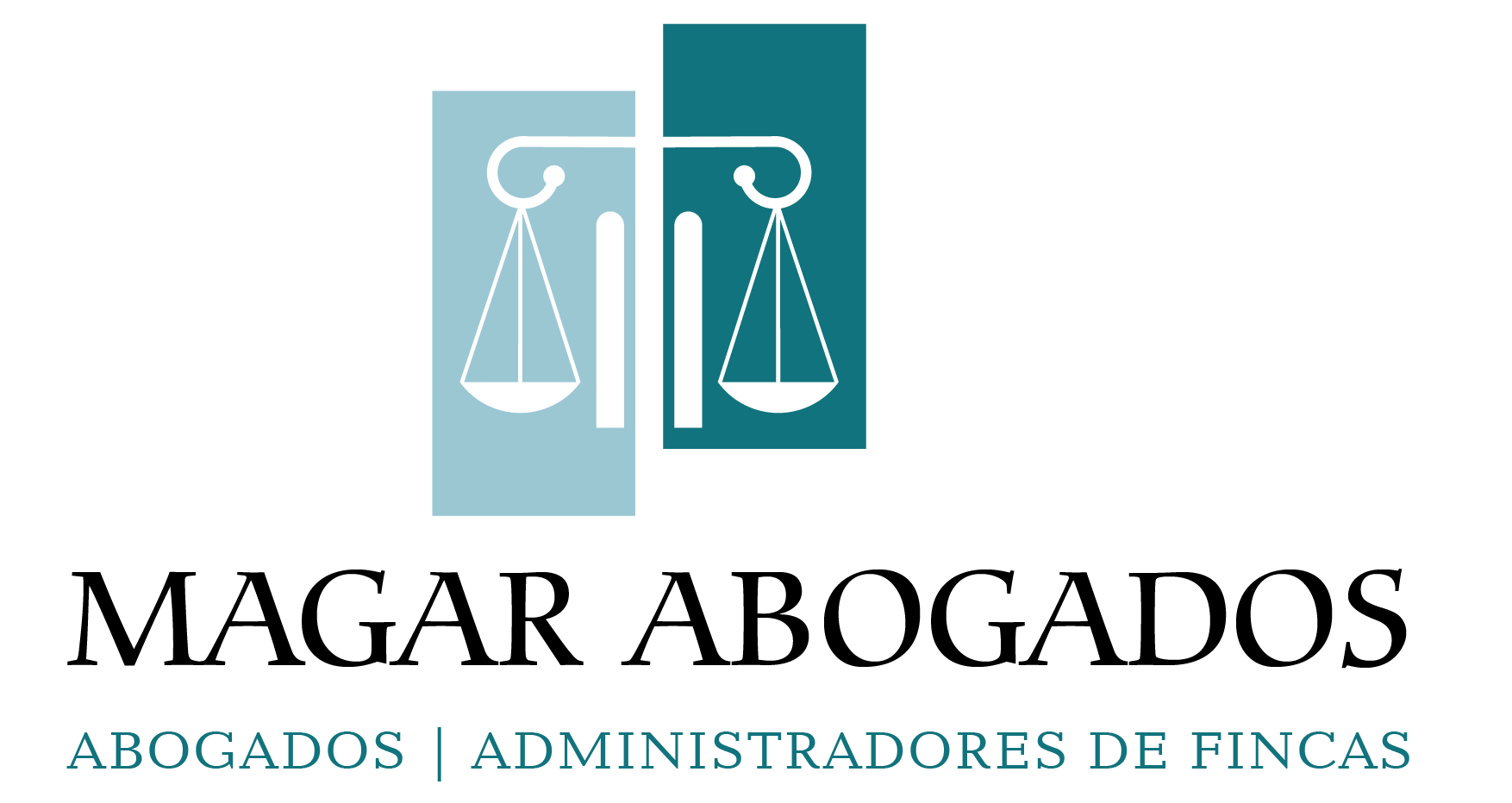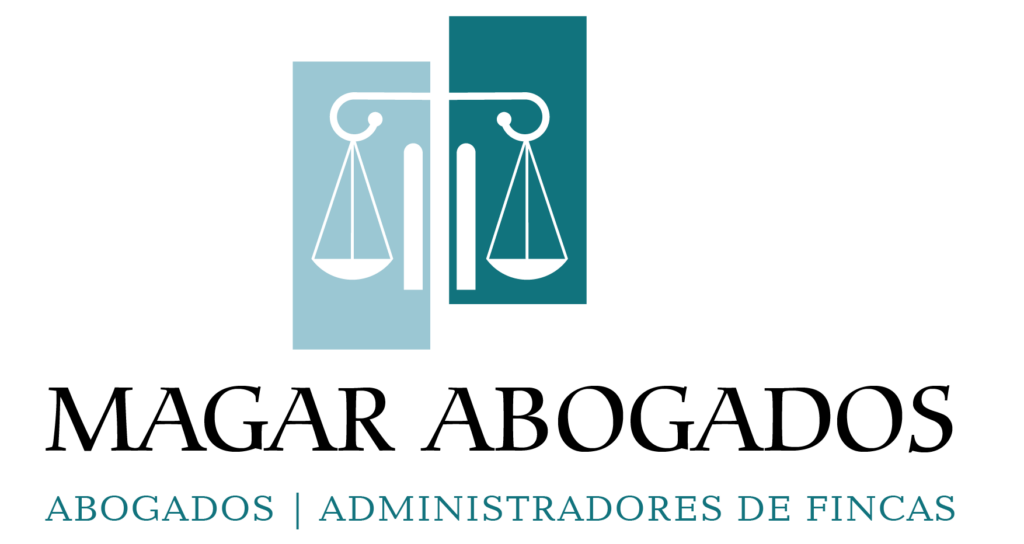This article suggests mechanisms by which alcohol consumption may affect multiple neurotransmitter systems to influence behavior. The brain mediates our motivation to repeat behaviors that lead to pleasurable, rewarding states or reduce uncomfortable, distressing physical or emotional states. In this context, drinking alcohol can be motivated by its ability to provide both relief from aversive states and reward.

About Nature Portfolio
- The current study indicates that long-term alcohol consumption decreased dopamine release in the putamen of male rhesus macaques (regardless of abstinence status) and in the caudate of the multiple abstinence monkeys.
- AB values were residual values from the linear regression analysis with the beverage effect added back; because this calculation provides a separate adjusted value for each trial type, a mean value was calculated to get a single AB score for each session.
- These results indicate that long‐term drinking attenuates the responsiveness of the system to external dopamine stimulation, in addition to decreasing baseline levels of dopamine.
- Dopamine levels are difficult to monitor since they occur in the brain, but there are ways to balance your dopamine levels without medication.
The primary neurotransmitter regulating the rewarding sensation was determined to be dopamine [11]. Furthermore, the specific neuronal circuitries were progressively mapped with major projections from the ventral tegmental area (VTA) to the nucleus accumbens (NAc, i.e. the ventral striatum), the prefrontal cortex (PFC) and amygdala. Collectively, this network of neurons was denominated the mesocorticolimbic dopamine system [12, 13]. In addition, there are dopamine projections from the VTA https://www.mix-cite.org/addiction-a-la-pornographie/ to the amygdala and the hippocampus, respectively, involved in reward associative learning and declarative memory formation [15, 17]. The within-subjects, repeated-measures study design afforded power to detect significant effects of dopamine depletion despite an otherwise modest sample size (34 individuals). A study limitation is that, although our results indicated P/T depletion effects on the brain and behavior, we did not directly measure dopamine or dopamine metabolite levels.
- In 2006, there were more than 1.2 million emergency room visits and 2.7 million physician office visits due to excessive drinking.
- Dopamine creates reward-seeking loops in the sense that people will repeat pleasurable behavior, from checking Instagram to taking drugs.
- Alcohol is thus, all pervasive and is in this way is the most dangerous drug known to mankind.
- Interactions between these two brain regions modulate responses to emotional stimuli [108,109,110] and may also underlie motivation for rewards [111].
The Neuroscience of Addiction – Application to Clinical Practice

The motivation of behavior based on avoidance of discomfort is called negative reinforcement. Both positive and negative reinforcement play a role in alcoholism (Koob et al. 1994). Complex brain functions such as memory, consciousness, alertness, and learning are controlled by multiple neurotransmitter and neuromodulatory systems acting in concert.
Get the latest in health news delivered to your inbox!
Depending upon the circuit involved, the binding of these neurotransmitters may cause excitatory or inhibitory signals to be passed further along the circuit. It doesn’t carry the same kind of stigma or social abhorrence which other drugs of abuse such as cocaine, methamphetamines, lysergic acid diethylamide (LSD) etc., http://artice.ru/2012/11/01/themeforest-its-brain-v20-premium-admin-theme.html carry. Alcohol is widely accepted in the society and consumed by everyone, young and the old alike, women and men included. In some societies, alcohol consumption is even accepted as part of normal social etiquettes. Alcohol is thus, all pervasive and is in this way is the most dangerous drug known to mankind.
Social Interaction
Young males who have experienced a traumatic event can develop lowlevels of MAO‑A expression (an enzyme that breaks down serotonin), and this decrease in MAO‑A levels correlates with an increase in antisocial behaviour, which is a risk factor for alcohol dependence. Taking a short walk, practicing yoga, dancing in your kitchen, or doing an at-home workout can help produce healthy dopamine levels. Exercising also improves sleep http://nutritioninpill.com/my-most-valuable-tips-2/ habits, which also supports balanced dopamine levels. Dopamine levels are difficult to monitor since they occur in the brain, but there are ways to balance your dopamine levels without medication. Traditionally, abstinence has been viewed as the primary goal when treating alcohol dependence. However, relapse rates remain alarmingly high for those seeking total abstinence through traditional 12-step programs and rehab.
- Interestingly, those with the poorest impulse control — who would be considered most at risk of relapse after a period of sobriety — responded best to the treatment.
- Sugar plus ultra-processed foods can act similarly to drugs in changing brains and behavior.
- For the determination of dopamine transient uptake kinetics, the modeling module in DEMON was used as previously described [30].



